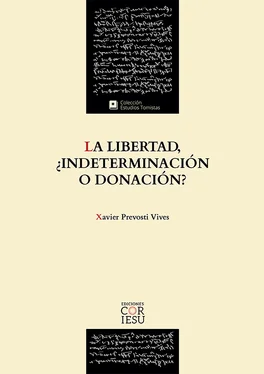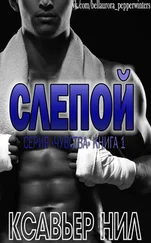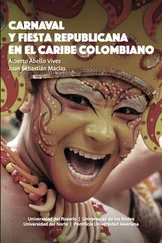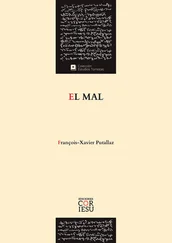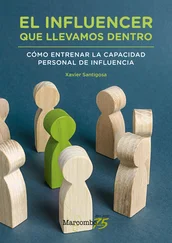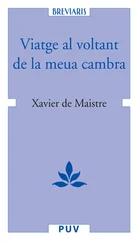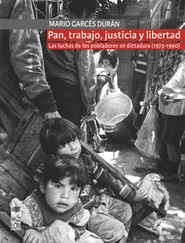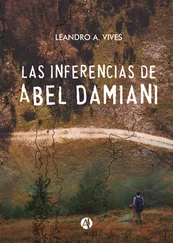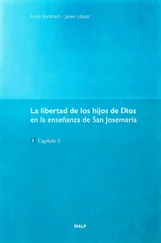4.I. Berlín, La traición de la libertad, Fondo de cultura económica (México 2004) 23.
5.Ibíd., 102-103.
6.«No hay afirmación de la subsistencia personal ni del libre albedrío más que en la filosofía que va de la Biblia pasando por san Agustín, hasta santo Tomás y la escolástica. Y, no obstante, a este hombre, al que se niega la condición de ser personal, se le dice siempre que es el titular de los derechos humanos, que él mismo se hace su vida, determina sus fines y se autorrealiza», F. Canals, Mundo histórico y Reino de Dios, 147.
7.Aristóteles, Metafísica I, c. 3, 983b1-4 (Madrid 2003) 80.
8.Véase, como botón de muestra, las más de trescientas páginas con más de cinco mil entradas de recopilación bibliográfica sobre el tema de la libertad que componen la obra de N. Rescher, Free Will. An Extensive Bibliography, Ontos Verlag (Frankfurt | Paris | Lancaster | New Brunswick 2010). Para una introducción contemporánea al tema de la libertad en general véase G. Watson (ed.), Free Will, Oxford University Press (Oxford 2003); R. Kane, The Oxford Handbook of Free Will, Oxford University Press (Oxford 2002).
9.Cf. J. J. Sanguineti, «Libertad, determinación e indeterminación en una perspectiva tomista»: Anuario filosófico 46/2 (2013) 387-403, p. 388. Sanguineti señala como incompatibilitas a autores como Thomas Reid, Roderik Chisholm, Karl Popper, John Searle, Thomas Pink, Carl Ginet, Hugh McCann, Robert Kane, David Wiggins, Peter van Inwagen. Por el contrario, se consideran compatibilistas clásicos como Thomas Hobbes, John Locke, David Hume y John Stuart Mill; entre los contemporáneos se cuentan autores como David Lewis, Daniel Dennett, Peter Strawson, Donald Davidson y probablemente Harry Frankfurt, Cf. Ibíd., p. 388, nota 6 y 7.
10.«Indeed, much of the debate about free will centers around whether we human beings have it, yet virtually no one doubts that we will to do this and that.The main perceived threats to our freedom of will are various alleged determinisms: physical/causal; psychological; biological; theological. For each variety of determinism, there are philosophers who (i) deny its reality, either because of the existence of free will or on independent grounds; [incompatibilismo libertario] (ii) accept its reality but argue for its compatibility with free will; [compatibilismo] or (iii) accept its reality and deny its compatibility with free will», T. O‘Connor, «Free Will»: en The Stanford Encyclopedia of Philosophy (Summer 2016 Edition): https://plato.stanford.edu/archives/sum2016/entries/freewill/ (la traducción es nuestra).
11.«And for the last 200 years Compatibilism has had powerful support among English-speaking philosophers. There have even been times, as for much of the 20th century, when Compatibilism was the clearly dominant philosophical theory of human freedom. Much discussion of the free will problem in the 20th century was about trying to show that, after all, whatever our ordinary intuition might say to the contrary, freedom of action really consistent with causal determinism. But the fact remains that our natural intuitions are incompatibilist. If our actions are genuinely free, how can they be determined in advance ?», T. Pink, Free Will. A Very Short Introduction, Oxford University Press (Oxford 2004), p. 19.
12.«There seems to be no plausible libertarian account of what human action involves, and how it can be within the control of human agents. If no such account can be provided, we have a choice: seeking refuge in Compatibilism, or lapsing into Scepticism. […] Medieval philosophy did not see human freedom as a problema quite as modern philosophers do. It is true that medieval theories of human freedom were very different from any found in modern philosophy. […] the Middle Ages have much to teach us», Ibíd., p. 20-21 (la traducción es nuestra).
13.J. J. Sanguineti, «Libertad, determinación e indeterminación en una perspectiva tomista»: Anuario filosófico 46/2 (2013) 387-403, p. 387.
14.Cf. Bibliographia Thomistica en http://www.corpusthomisticum.org/bt/index.html. Buscando solamente por el contenido del título de cada entrada de la Bibliographia Thomistica bajo los términos libertad y libre en castellano, en inglés (freedom, free & liberty), francés (liberté, libre), italiana (libertà, libero) y alemán (Freiheit, frei, Willensfreiheit) aparecen más de setencientas entradas.
15.J.-M- Goglin, La liberté humaine chez Thomas d’Aquin. Ecole pratique des hautes études, EPHE (París 2011). Tesis doctoral disponible en https://tel.archives-ouvertes.fr/tel-00595478. Las citas que aparecen en el párrafo citado, por su interés bibliográfico, las reproducimos conforme a la obra citada.
16.B. Lonergan, Grace and Freedom: Operative Grace in the Thought of St. Thomas Aquinas, (Toronto 2005).
17.C. Bermúdez, «Predestinazione, grazia e libertà nei commenti di san Tommaso alle lettere di san Paolo»: Annales theologici 4 (1990) 399-421.
18.J.-P. Arfeuil, «Le dessein sauveur de Dieu. La doctrine de la prédestination selon Thomas d’Aquin», RT. 74 (1974) 591-641.
19.J. F. Wippel, Metaphysical Themes in Thomas Aquinas, (Washington 1984) 243-270: «Divine Knowledge, Divine Power and Human Freedom».
20.H.-J. Goris, Free Creatures of an Eternal God. Thomas Aquinas on God’s Infaillible Foreknowledge and Irrestible Will, (Utrecht-Leuven 1996).
21.M. Corbin, Du libre arbitre selon saint Thomas d’Aquin, (Paris 1992) 7-13: «Nature et liberté».
22.O. Lottin, «Le libre arbitre chez saint Thomas d’Aquin»: RT 12 (1929) 400-430.
23.J. Laporte, «Le libre arbitre et l’attention selon S. Thomas» : Revue de Métaphysique et de Morale 38 (1931) 61-73 ; 39 (1932) 199-223; 41 (1934) 25-57.
24.F. Bergamino, La razionalità e la libertà della scelta in Tommaso d’Aquino, (Roma 2002).
25.D. M. Gallagher, «Free Choice and Free Judgement in Thomas Aquinas»: AGPH. 76 (1994) 247-277.
26.L. Dewan, «St Thomas and the Causes of Free Choic»: Acta Philosophica, 8 (1999) 87-96.
27.M. Piñon, The Nature and the Causes of the Psychological Freedom or Psychical Mastery of the Will over its Acts in the Writings of St. Thomas, Universidad de Santo Tomás (Manila 1975).
28.T. Alvira, Naturaleza y Libertad, estudio de los conceptos tomistas de ‘voluntas ut natura’ y ‘voluntas ut ratio’, (Pamplona 1985).
29.A. A. Robiglio, L’impossibile volere. Tommaso d’Aquino, i tomisti e la volontà, (Milano 2002) 3-42: «La struttura delle volizioni alla luce di Summa theologiae, III, q. 18».
30.R. Garrigou-Lagrange, «Intellectualisme et liberté chez Saint Thomas»: RSPT., 1 (1907) 641-673; 2 (1908) 5-32.
31.R. Lauer, «St Thomas’s Theory of Intellectual Causality in Election»: The New Scholaticism 28 (1954) 297-319.
32.M. Wittmann, «Die Lehre von der Willensfreiheit bei Thomas von Aquin»: Philosophisches Jahrbuch 40 (1927) 170-188; 285-305.
33.K. Riesenhuber, Die Transzendenz der Freiheit zum Guten : Der Wille in der Anthropologie und Metaphysik des Thomas von Aquin, (München 1971); Id., «The Bases and Meaning of Freedom in Thomas Aquinas»: Proceedings of the American Catholic Philosophical Association 48 (1974) 99-111; Id., «Der Wandel des Freiheitsverständnisses von Thomas von Aquin zur frühen Neuzeit»: Rivista di Filosofia Neoscolastica 66 (1974) 946-974.
34.D. Welp, Willensfreiheit bei Thomas von Aquin, (Fribourg 1969).
35.A. Giannatiempo, «Sul primato trascendentale della volontà in S. Tommaso»: Divus Thomas 74 (1971) 131-137.
36.A. W. J. Harper, «St. Thomas and Free Will»: Indian Philosophical Quarterly 7 (1979) 93-99.
37.H.-M. Manteau-Bonamy, «La liberté de l’homme selon Thomas d’Aquin. La datation de la Question Disputée De Malo»: AHDLMA 46 (1979) 7-34.
Читать дальше
